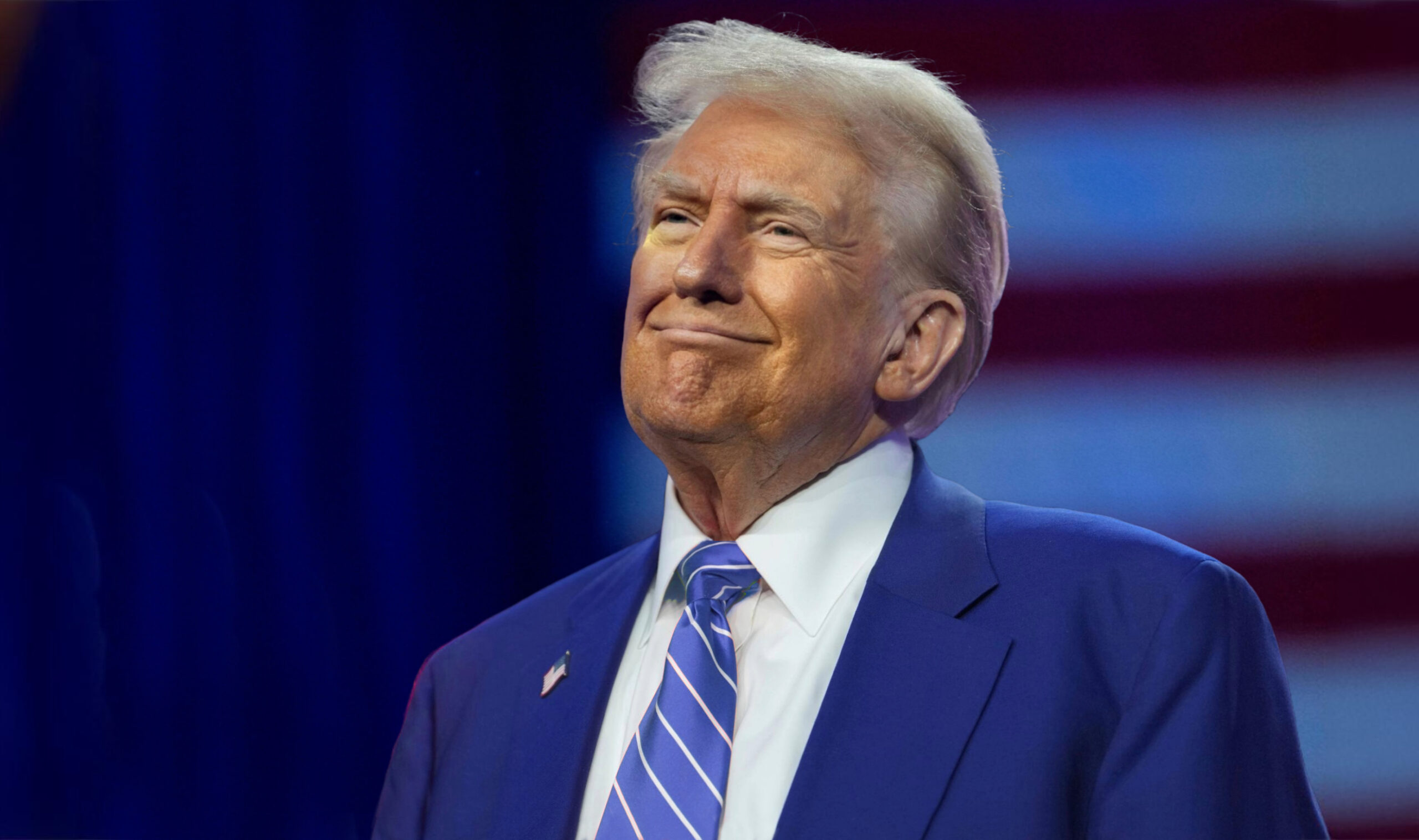- February 25, 2025
U.S. envoy says Trump’s ‘unpredictability’ on Venezuela, Cuba is an asset. Is it?

Andres Oppenheimer
President Trump’s recently appointed State Department special envoy to the Americas, Mauricio Claver-Carone, may be accused of many things — but being shy about speaking his mind is not one of them.
Claver-Carone, 49, who was born in Miami to Cuban immigrants, speaks fluent Spanish and served as top White House adviser on Latin American affairs during Trump’s first term in office, made me raise my eyebrows several times during a one-hour interview last week. Among the things he said:
—When I asked him about Trump’s dismantling of the U.S. Agency for International Development (USAID) he suggested that the U.S. government will not only revise its foreign aid programs but also its contributions to regional organizations such as the Inter-American Development Bank (IADB.)
Claver-Carone, who served for about two years as IADB president, said the top regional development bank “es un cuento,” which can be loosely translated as “is a scam.” He said most people at the biggest regional development bank are there to benefit from U.S. visas and good pensions, rather than to help the region.
“What is its impact, and what does ‘development’ mean nowadays?” he asked. “We must re-evaluate what development means.”
Claver-Carone was forced to leave the IADB in 2022 after an internal investigation charged him with having a romantic relationship with an aide and substantially increasing her salary. He has denied any improper conduct.
—Asked about Mexico, the U.S. envoy had surprisingly warm words toward leftist Mexican President Claudia Sheinbaum. Talking about Trump’s threat to impose a 25% tariff on Mexico, which Trump has justified in part by claiming there is an “intolerable alliance” between the Mexican government and the drug cartels, Claver-Carone said that Sheinbaum “has proved to be a great leader.”
He added, “I have been impressed with President Sheinbaum, and with the way she has worked and collaborated, because I think she knows and understands that with controlled migration and the appropriate security policy, Mexico could be a much more successful country than it is.”
When I countered that Trump’s mere threat of tariffs on Mexican goods is counter-productive, because it deters investments in Mexico, cripples the country’s economy and drives up migration to the United States — the very thing Trump wants to prevent — Claver-Carone rejected that idea. He responded that pushing Mexico to eradicate the drug cartels will make it a more stable country, and fewer people will want to leave.
Anyway, Claver-Carone’s unusually kind words toward Sheinbaum lead me to suspect that the Trump administration may be preparing to declare a face-saving victory in U.S.-Mexico talks on migration and drugs. That would allow Trump to postpone his early March deadline on Mexico to meet his demands to avoid the U.S. tariffs.
—On Nicaragua, one of the region’s most brutal dictatorships, he said that the Trump administration is making rapid progress in talks with Central American countries and the Dominican Republic to expel Nicaragua from the Central American Free Trade Agreement (CAFTA.) That process is likely to start “within months,” he said.
Losing preferential trade access to the U.S. market would be a major blow to the regime of Nicaraguan dictator Daniel Ortega. Without such benefit, Nicaragua’s exports of coffee, sugar, cigars and other goods to the United States — by far its biggest export market — wouldn’t be able to compete with those of El Salvador, Honduras and other countries in the region.
—On Argentina, Claver-Carone didn’t sound too optimistic about President Javier Milei’s proposal to sign a free trade deal with the United States. Noting that Trump is not too keen on free trade agreements, Claver-Carone said, “An investment promotion agreement [with Argentina] is much more feasible than a free trade agreement.”
—On Venezuela, Claver-Carone disputed many analysts’ perception that Trump has betrayed the Venezuelan opposition by striking a deportees-for-oil deal with the Maduro regime.
Trump has revoked Temporary Protected Status (TPS) from nearly 600,000 Venezuelan immigrants in the United States. His special envoy to Venezuela, Richard Grenell, met in Caracas with Maduro, after which Maduro accepted sending flights — paid for by the Venezuelan government — to bring back deportees from the United States, and released several U.S. hostages.
Meanwhile, contrary to Venezuelan opposition hopes that Trump would strengthen U.S. sanctions on Venezuela, the U.S. president has not revoked Chevron’s license to operate in Venezuela. Chevron’s oil exports are one of Venezuela’s major sources of income.
“There have been no [U.S.] concessions,” Claver-Carone told me. He said that Maduro accepted U.S. demands to take deportees and release hostages because of fears that the Trump administration would impose drastic economic sanctions, like he did in his first term in office, if Venezuela didn’t comply.
—On Cuba, much like with Venezuela, Trump’s most effective strategy is to be unpredictable, and instill fear on the other side, Claver-Carone said.
“The worst thing that can happen is [for a government] to be predictable,” Claver-Carone told me. “Being predictable helps other actors [your adversaries] anticipate your moves.”
After the interview, I couldn’t help wondering whether the Trump administration is deliberately unpredictable, or is just saying that to cover a pattern of constant ad-libbing. The conflicting hard-line statements on Venezuela by Secretary of State Marco Rubio and the smiling pictures of Trump’s envoy Grenell in Caracas shaking hands with Maduro make me suspect there’s a lot of chaos within Trump’s inner circle.
But this administration is just beginning. We will soon know for sure whether it is guided by masterful negotiation, or terrible improvisation.

